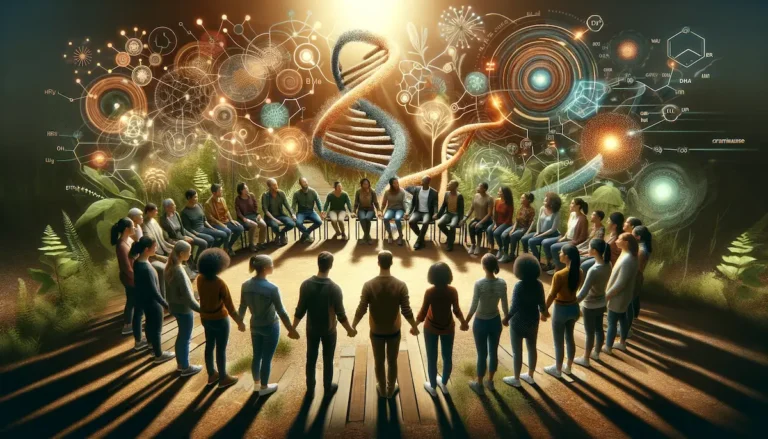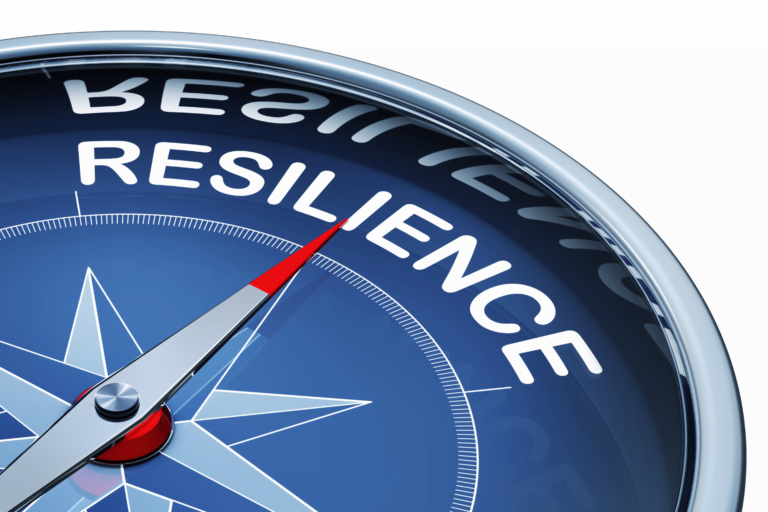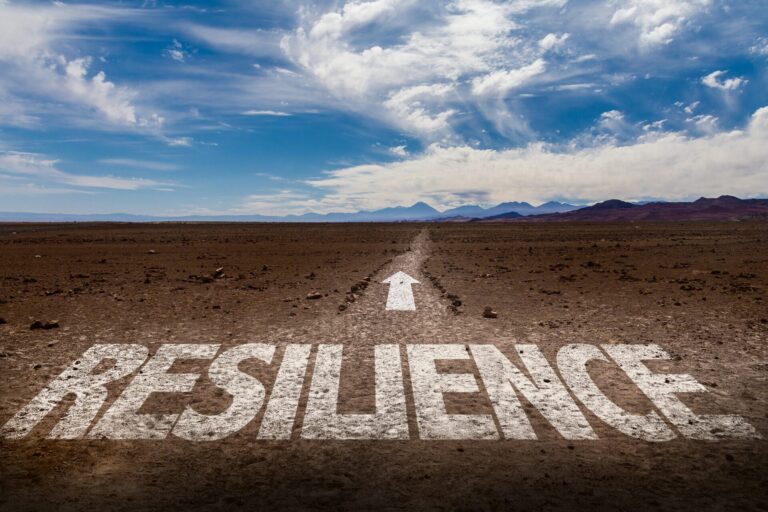Finding Your Brilliance Blindspot
Avoid these five traps that hinder human growth and potential.
KEY POINTS
- A brilliance blindspot, the inability to see one’s strengths clearly, is common among high-striving people.
- Thirst for validation, inability to enjoy success, and unhelpful self-talk are trappings of brilliance blindspots.
- Brilliance blindspots can be improved once a person sees themselves in context and stops selling themselves short.
Humility seems to be a lost art. Blatant bragging and grandstanding are normalized. Those who aren’t jacked up on grandiosity are becoming a rare breed. On the surface, our more is more, do it for the likes of culture seems to suggest that everyone feels as good as their latest living my best life hashtag.
But there are plenty who take the opposite extreme: They can’t see their strengths. Instead, self-analysis is narrow and unforgiving, marked by oblivion over the talents, strengths, assets, and resilience they embody. Ironically, these brilliance blindspots, the tendency to overlook one’s capacities, occur frequently amongst high striving people.
Twenty years as a psychotherapist introduces you to a lot of people with brilliance blindspots: the overachiever who feels perpetually under accomplished, the stellar athlete who abhors their body, the gives-you-goosebumps singer who’s too shy to perform, the teacher who gives everything but thinks it’s not enough, the student who has no clue how savvy they are.
Brilliance blindspots are a particular risk for high achievers: Those whose minds are wired to construct elaborate goals then lament unless they’re met in a precise, grandiose fashion.
This tension leads to states of self-disparagement, an inability to enjoy success, and a disregard for actual progress that’s been made. One of the hallmarks of brilliance blindspots is low insight into one’s talent and value. Think Chris Farley, the late SNL and Hollywood comedian who was known to ask friends privately “Am I funny?” at the height of his career. Or Harvard freshmen and students and professionals in rigorous places with plummeting self-worth in the face of high-achieving peers.
While humility can be equal parts endearing and admirable, those who experience brilliance blindspots can experience unwanted behavioral patterns and outcomes. Ask yourself whether you relate to any of the following:
- Inability to truly see one’s own dynamism
- Falling for the “curse of knowledge”: thinking that everyone knows what you know
- Perfectionistic behaviors including hyper-performance, compulsive overwork, extreme self-doubt, and criticism; tendency to hyper-focus on perceived deficits rather than
- Strengths
- False humility: minimization of strengths and potential coupled with the romanticization of someone else’s abilities and trajectory
- Settling for less in relationships, jobs, and life roles due to perceived shortcomings
- A persistent sense of under accomplishment, despite what’s been achieved
- Entanglement with imposter syndrome: a form of self-doubt about being a phony and less than people think
If these tendencies are familiar, it’s important to realize they didn’t magically appear. They likely emerged from a host of conditions, including the global hyper-competitive market, coupled with social media culture propagating standards of success, illusions of perfectionism, and images of beauty and status that create the perfect storm for despair. Once we know that we are falling into the trappings of brilliance blindspots, we can avoid the trappings of myopic self-perceptions:
Trap #1: Unquenchable thirst for validation.
Brilliance blindspots can lead to compulsively working to validate false identities based on social metrics such as likes on feed, being coupled with a trophy partner, letters after names, and outside symbols of status. Instead, work to discover your talents, strengths, values, and true worth. Enlist a friend or colleague to help you see what you can’t see at first. Become thirsty to discover what’s working well—not to show off, but to be and do well in the world.
Trap #2: Not being able to enjoy success.
If you notice yourself compulsively moving from task to task, climbing the ladder tirelessly without stopping to take in the views, it’s worth pausing to change your relationship to success. The perpetual dash to the next project may squeeze out time to reflect on what has been accomplished, exacerbating your brilliance blindspots.
Trap # 3: Shoulding and musting.
Cursing at yourself that you should have been further along with goals, using phrases like “should” and “must” and seeing yourself as disappointing is another hallmark of brilliance blindspots. Instead, seek more humane standards and practice self-compassion to avoid regret and misdirected time and energy.
RESILIENCE ESSENTIAL READS
Happiness Correlates with Self-Care and Vicarious Resilience
Why Kids Need “Intelligent Failure”
Trap #4: Decontextualizing yourself.
Ignoring the global mental health crisis that’s bearing down on all of us is a classic trap of brilliance blindspots. We don’t feel resilient in the face of trauma, thus we internalize negative perceptions over perceived flaws and shortcomings as moral failings, not proportionate reactions to intensive environments. As in, “I’m the only one that feels like a hot mess, even though we all do.” Remembering the fraught context we’re navigating can help us see how well we’re actually doing given all at hand.
Trap #5: Selling yourself short.
Not bossing and leveling up in relationships and aspirations is another trap that must be renegotiated. If you notice you’re settling for less or playing it “safe,” with hesitancy to set boundaries or ask for what you want because you think you don’t really deserve it, it’s worth checking yourself. Since self-perceptions can dictate so much, it’s vital to chip away at advocating for yourself and building confidence in your capacity to shine.
Owning brilliance and true power can feel counterintuitive, but is a process worth taking on. It doesn’t mean we need to walk around with sunglasses at night because we are so blinded by our own light. Humility in a world of vanity is beautiful to behold. Still, owning strengths is about recognizing our infinite possibilities as humans, and knowing that we are wired creatively and intricately with gifts, talents, and capacities that are one of a kind.
There’s no such thing as a human without strengths. Owning them reflects that we have undergone a process of self-assessment and are working toward self-compassion and recognizing the ongoing potential in our developmental process. Overcoming brilliance blindspots can help us shift to focus on contributing positively, versus chasing superficial metrics of success or worthiness.
References
Lee, K. (2022) Worth the Risk: How to Microdose Bravery to Grow Resilience, Connect More, and Offer Yourself to the World. Boulder: Sounds True.






